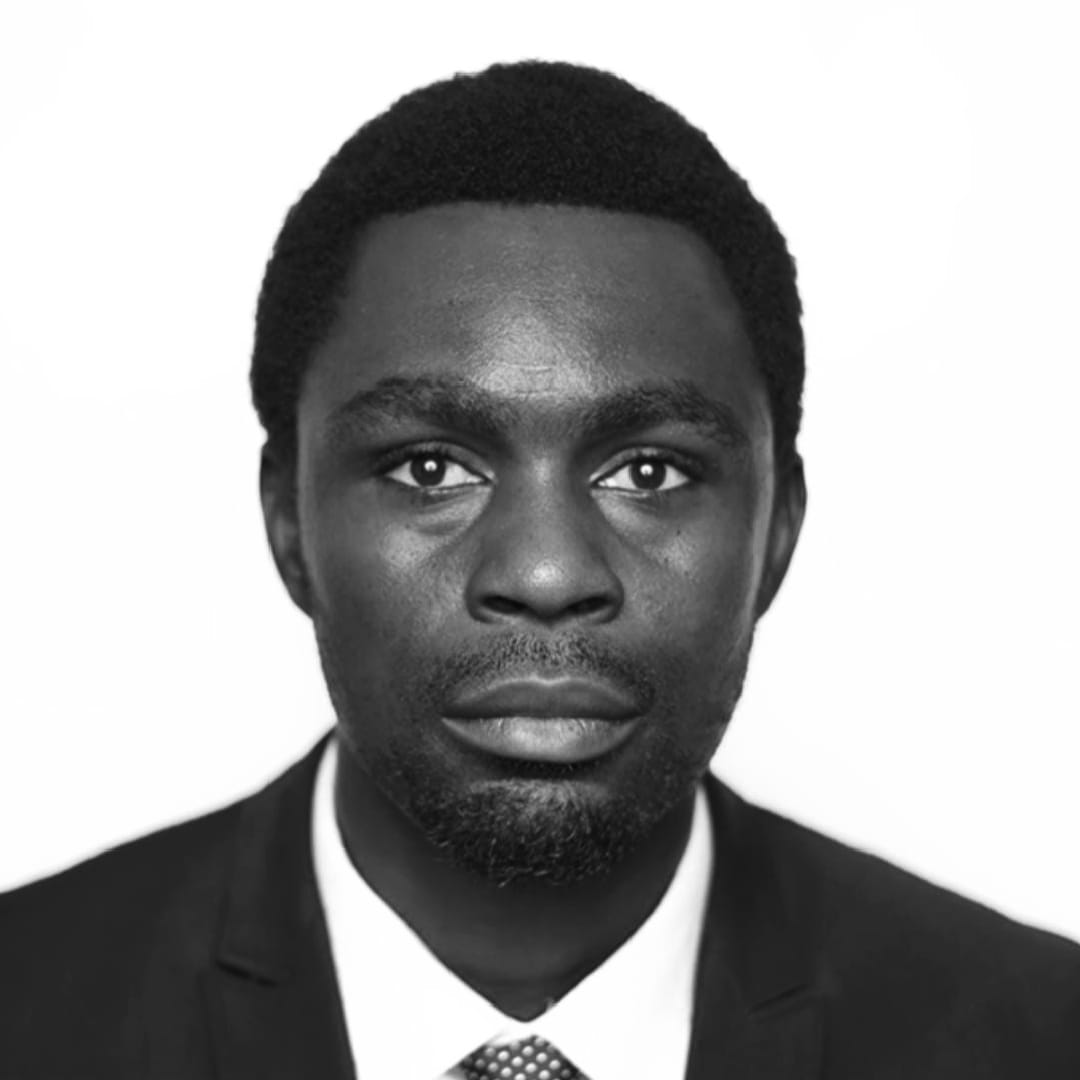- Columns/Opinion
- No Comment
Genocidal Claims In Nigeria: When Truth Collides With Propaganda

8th November 2025, NewsOrient, Opinion, Column, News, Governance And Development, Law And Society
By John Chukwu Anyim.
The word genocide is not one to be thrown carelessly around political conversations or media circles. It carries with it the heavy memories of Auschwitz, Rwanda, and Bosnia, places where humanity’s moral compass shattered, and the world stood in regretful silence.
Defined by the United Nations as “acts committed with intent to destroy, in whole or in part, a national, ethnical, racial, or religious group,” genocide is not just a crime; it is the deliberate annihilation of identity, faith, and existence.
But today in Nigeria, the word has become a battlefield, wielded by groups, politicians, and propaganda machines to frame narratives, score points, or conceal uncomfortable truths.
The nation, already bleeding from deep ethnic and religious divisions, now wrestles with competing claims: Who is the real victim? Who is the aggressor? And most importantly, who benefits from the chaos?
The Dangerous Politics of Labels
Nigeria’s multi-ethnic fabric has always been fragile. Yet, recent years have witnessed a dangerous amplification of divisive rhetoric. Every killing, every reprisal, and every community clash is swiftly interpreted through an ethnic or religious lens.
Northern violence becomes “terrorism.” Southern self-defence becomes “ethnic cleansing.” The tragic truth is that both innocent Muslims and Christians, Fulani herders and farming communities alike, have been caught in a cycle of retaliatory destruction that politicians manipulate for gain.
While some voices shout “genocide against Christians,” others dismiss it as an exaggerated Western narrative designed to demonize one side of the divide.
The truth, however, may lie painfully between these extremes. There are undeniable patterns of targeted killings, particularly of Christian villagers in parts of Plateau, Benue, and Southern Kaduna yet the State’s lack of decisive action and media’s selective silence feed both suspicion and propaganda.
When the State Becomes an Accomplice
The most damning aspect of these genocidal claims is not merely the violence itself, but the complicity of the State , through omission, indifference, or silent approval.
When security agencies consistently fail to prevent or punish orchestrated massacres, they legitimize impunity. When governors make political excuses for bloodshed, they sanctify ethnic hatred. And when the Federal Government chooses “quiet diplomacy” over justice, they transform from protectors into collaborators.
It is no longer enough to claim “bandits” or “unknown gunmen” as culprits. These faceless entities have become the perfect smokescreen for a nation unwilling to confront its demons.
Behind the vague terminology lies a disturbing truth, organized killings, systematic land seizures, and formed displacement of entire communities are happening with chilling regularity.
If this pattern does not fit the textbook definition of genocide, it certainly walks uncomfortably close to its shadow.
The Media’s Complicity in Silence
State-controlled media outlets, often reluctant to challenge official narratives, have done Nigerians a disservice. They sanitize the horror, downplay the atrocities, and shift attention to less sensitive headlines.
While social media burns with images of burnt churches, razed villages, and grieving families, government-owned broadcasters hide behind “editorial caution.” Silence becomes complicity; balance becomes bias.
The Nigerian media must decide whether its loyalty lies with truth or with power. Journalism, at its best, is society’s conscience, not its anesthetic.
Of course, propaganda thrives where trust dies. Some groups have weaponized the word genocide to attract international sympathy or political leverage. Diaspora activists and foreign commentators often amplify one-sided accounts, ignoring the broader cycle of violence. Yet even propaganda begins from a grain of truth. The problem is not that Nigerians are speaking about genocide, the problem is that the State has failed to provide transparent answers, accurate data, or credible justice.
In the absence of truth, propaganda becomes the loudest voice in the room,
Nigeria stands at a crossroads, between acknowledging its bleeding wounds or burying them under propaganda.
We can continue to trade accusations, or we can confront the uncomfortable reality that both victims and perpetrators often share the same flag.
The world must not wait for Nigeria to become another Rwanda before paying attention. The blood of farmers, herders, children, priests, and women in burned villages demands more than political statements, it demands truth, accountability, and moral courage.
Let us name things as they are, not as they are convenient to be. The moment a nation becomes comfortable with selective justice, it begins to prepare its own grave. And when truth collides with propaganda, only one can save the soul of the Republic.
~ Published By NewsOrient Network
For News, Inter
views, Special Events Coverage, Advertisements, Corporate Reports, etc., Contact:
Email: Newsorientng@gmail.com
Website: https://newsorientng.com
Phone: +2348023165410; +2348064041541
